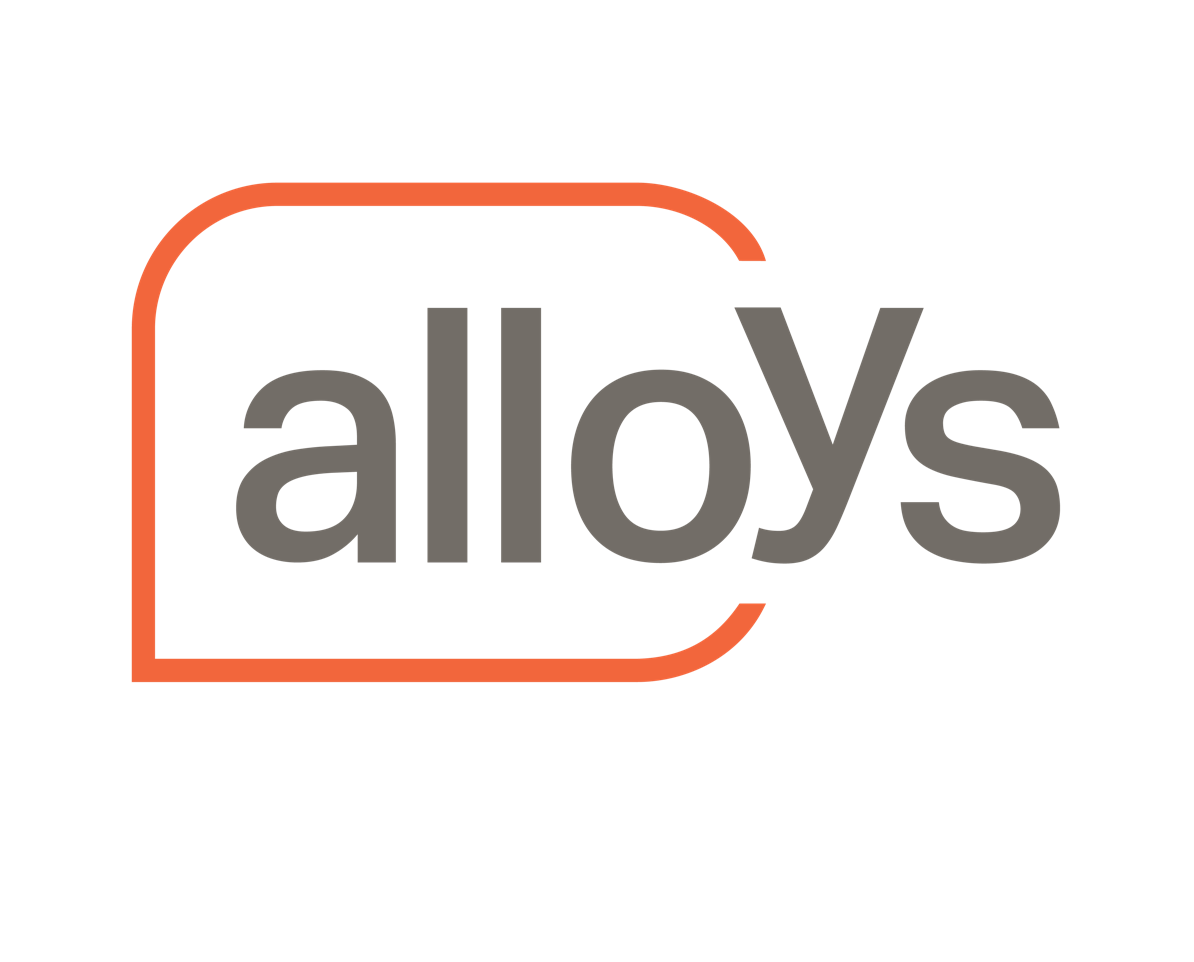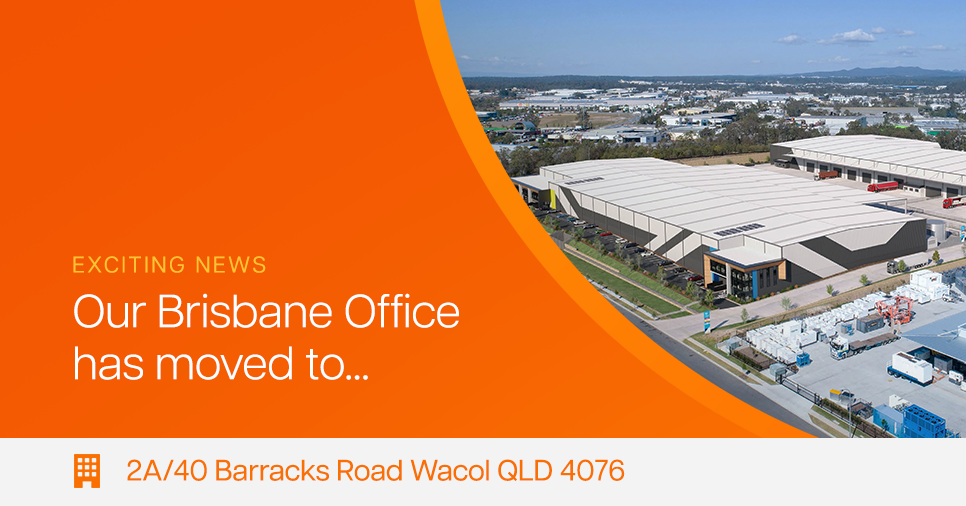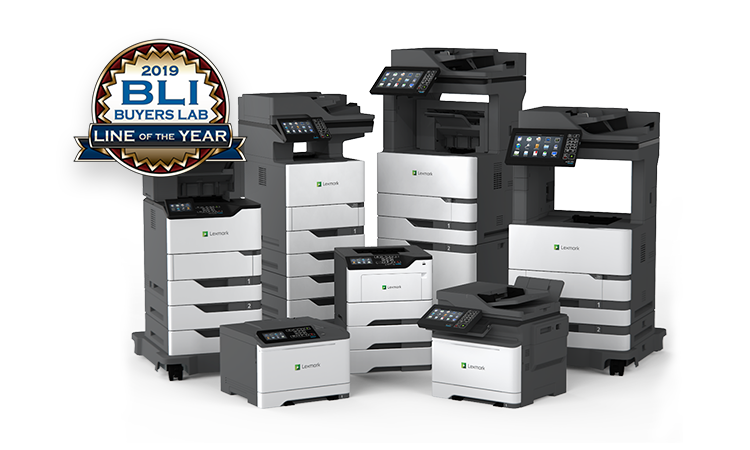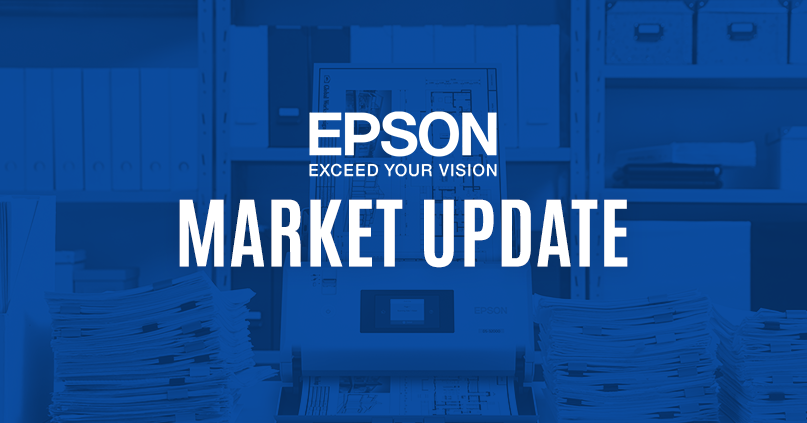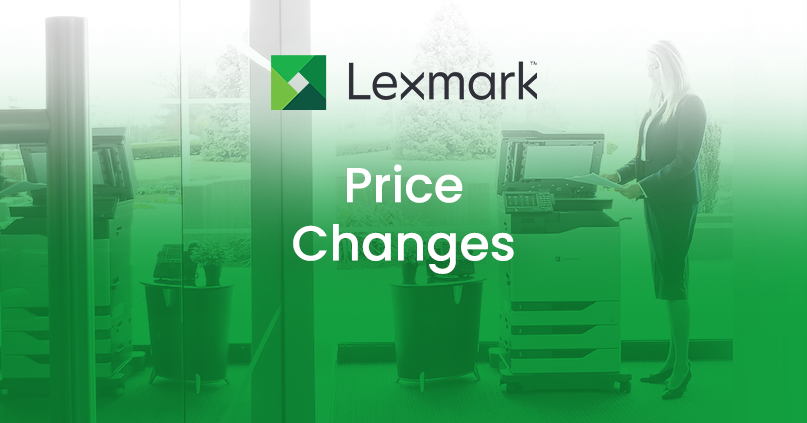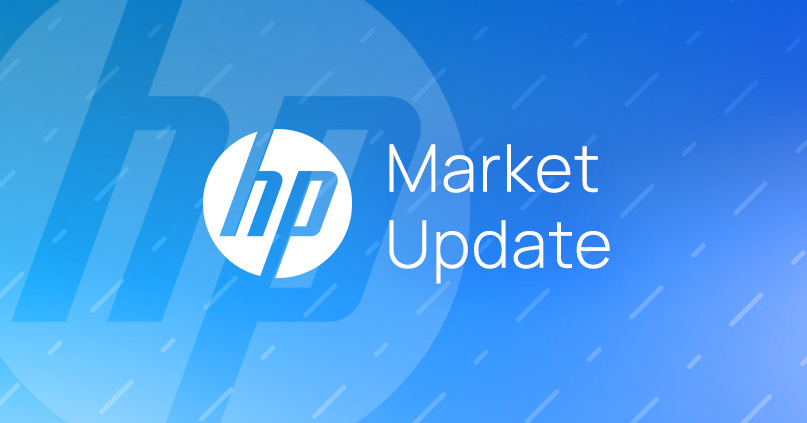If you’re like most small business owners, you’re probably focused on closing out the 2018-19 financial year. But it’s worth taking a moment to consider the year ahead too.
Matthew Prouse, Head of Industry at Xero Australia points out the new regulations to be aware of in 2019-20 – some of them taking effect immediately. Most of the rules apply to employers, but there are a few that affect sole proprietors as well. So, read on to ensure you’re compliant.
Single Touch Payroll
Also known as STP, this Australian Taxation Office initiative is required of all employers starting July 1, 2019. Single Touch Payroll requires that employers submit pay-run details, including super contributions, to the tax office every time they pay employees. If you employ people and aren’t STP compliant, now is the time to become so. If you’re unsure where to start, speak to a bookkeeper or see the ATO’s list of low-cost software solutions.
TPAR expands to new sectors
From July 1, 2019, employers engaged in road transport, IT services and security services must tell the ATO about any payments to contractors. These three sectors join a short list of industries such as cleaning and courier services where the ATO believes contractors may be under-reporting their income. The ATO will want details including the contractor’s ABN, name and address, and gross amount paid earned for the financial year (including any GST). For a more in-depth explanation, see the ATO’s page on TPAR.
Statement of tax record for government contracts
Starting July 1, businesses and first-tier subcontractors applying for federal government contracts over $4 million will be required to provide a statement of tax record. This will verify their satisfactory engagement with the ATO. What constitutes “satisfactory engagement”? Several things. The first is being up to date with your registrations, such as ABN, GST and a TFN. The ATO will also require that you’ve lodged at least 90 percent of your relevant tax returns, BAS and fringe-benefits tax returns due in the last four years (excluding ATO-granted extensions). And the kicker: You can’t have $10,000 or more in outstanding undisputed debt due, or have a payment plan with the ATO.
Minimum wage increase
The national minimum wage will rise 3 percent, beginning with the first full pay period starting on or after July 1. That works out to $740.78 for the minimum weekly wage and $19.49 for the minimum hourly rate. Note too that penalty rates will drop from July 1 in sectors such as hospitality and retail. The Fair Work Ombudsman has more details.
Cash-in-hand crackdown
Employers will no longer be able to claim tax deductions for cash payments from July 1 as the ATO cracks down on unreported earnings. These are cash payments where the employer does not comply with their pay-as-you-go withholding requirements. Cash payments to contractors who provide no ABN will also no longer receive tax deductions.
Open banking
Access to funding is a key barrier for small businesses, and open banking has the potential to lower it. A pilot phase begins July 1 for consumer banking on July 1, 2019, and the initiative expands further in February. Open banking APIs, or application programming interfaces, will eventually streamline the loan application process. Small businesses can opt to share their financial data and give lenders a snapshot of their historical revenue, profits, and cash flow. This allows lenders to make informed decisions in as quickly as a few minutes. Access to funding may remain a challenge, but one of the biggest hurdles – the application process – could be significantly eased as soon as early 2020.


